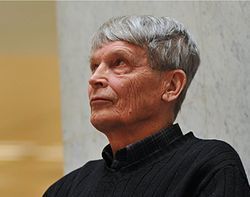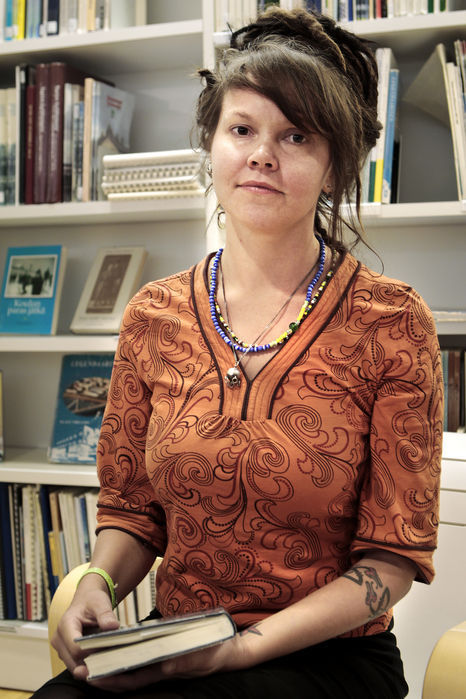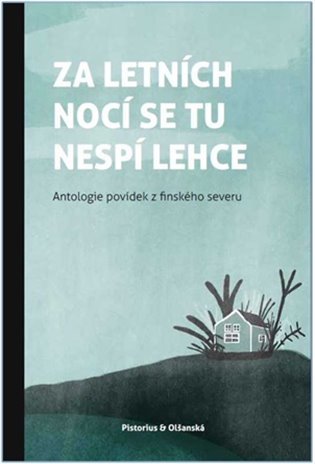
Part of Series
Výbor povídek volně navazuje na antologii Lesní lišky a další znepokojivé příběhy. Povídky dvanácti autorů tentokrát spojuje tematika finského severu: území jen řídce osídleného, z velké části ležícího až za polárním kruhem. S neskrývanou drsností a syrovostí popisují události z občanské a druhé světové války i ze současnosti, prostředí náboženských skupin, sociální poměry či prostý život. Různé pohledy na tutéž oblast charakterizují její mnohotvárnost a dokazují, často s nadsázkou a ironií, že není pouze tou exotickou zemí, za jakou se tradičně považuje. V antologii jsou zastoupení následující autoři: Hanna Hauru (1978) Mikko-Pekka Heikkinen (1974) Antti Hyry (1931–2016) Katja Kettu (1978) Eeva Kilpi (1928) Henni Kitti (1985) Rosa Liksom (1958) Maritta Lintunen (1961) Siiri Magga-Miettunen (1947) Timo K. Mukka (1944–1973) Maria Peura (1970) Joni Skiftesvik (1948)
Authors
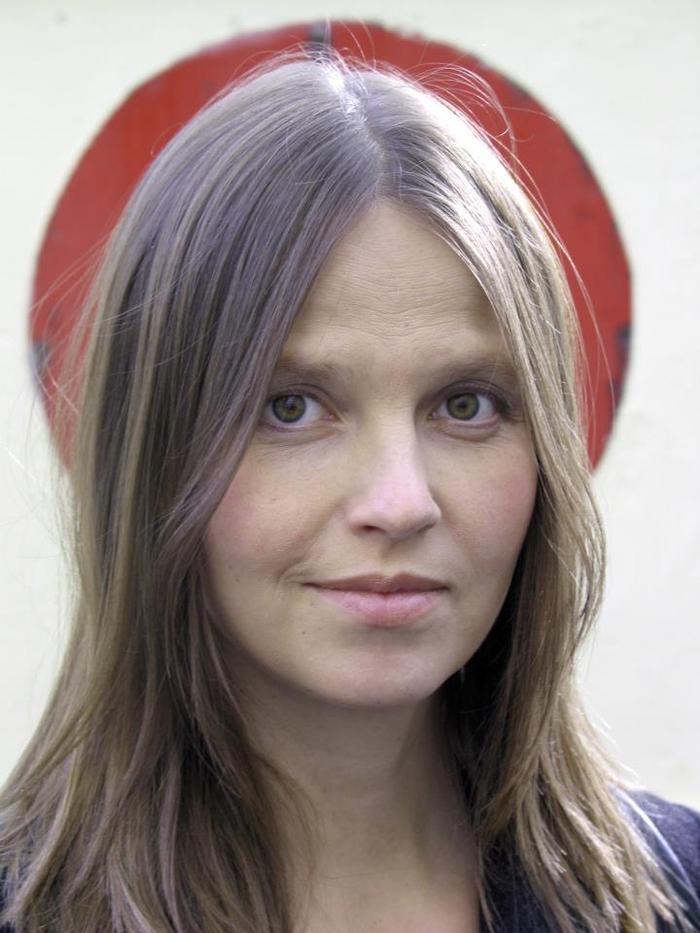
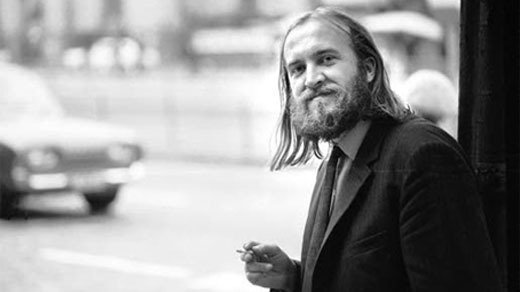
Timo Kustaa Mukka was a Finnish author who wrote about the lives of people in Lapland. He was born in Bollnäs, Sweden. During his life Mukka studied at the Academy of Fine Arts in Helsinki and completed nine novels, written in a lyrical prose style, about the harsh conditions in Lapland, the region of his childhood and of most of his adult life. These books were published in the years between 1964 and 1970. In the early 1960s there sprang up a movement in Finnish literature called spontaneous-confessional fiction. It was heavily influenced by the writings of Henry Miller. Its two most prominent representatives were the enfants terribles of modern Finnish literature, poet and translator Pentti Saarikoski and author Hannu Salama. Among the writers belonging to this movement, Mukka is considered the most original as well as the most consistent in his writing. In 1973 there was a story on Mukka in the Finnish magazine Hymy which is believed to have contributed to his early demise. Mukka died of a heart attack in Rovaniemi, capital of the Lapland region of Finland in 1973.
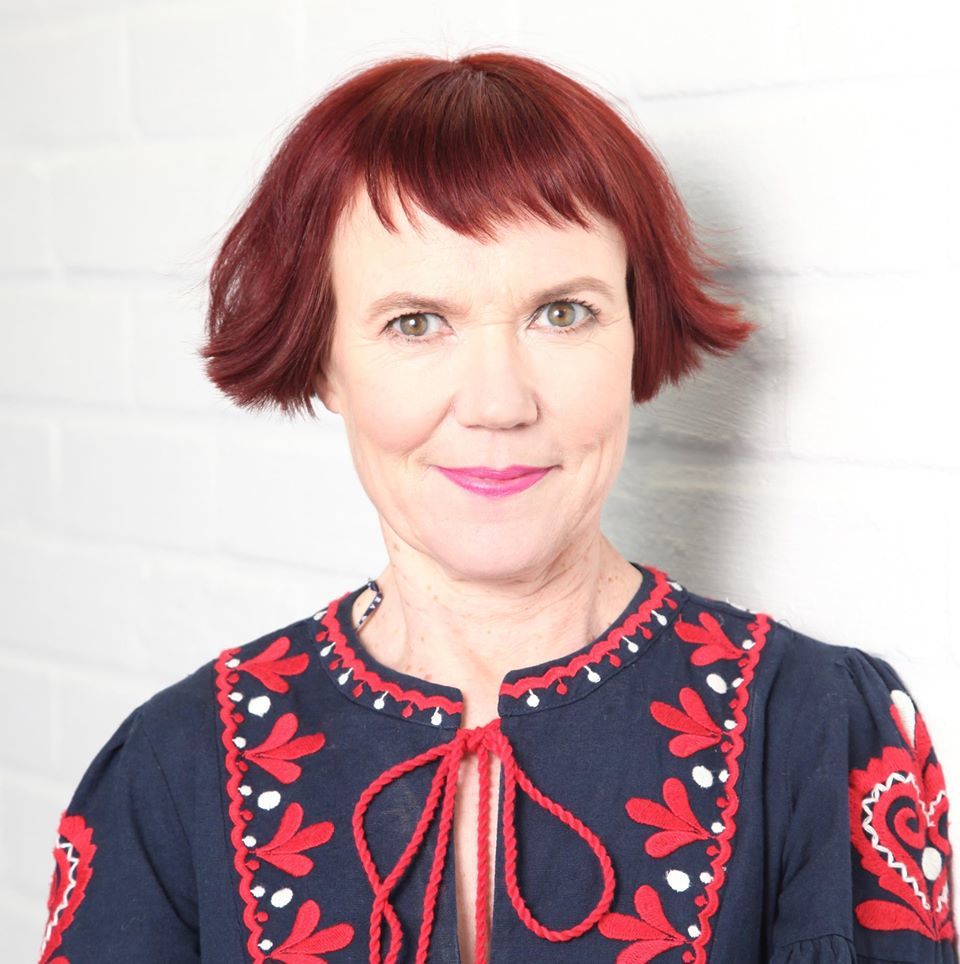
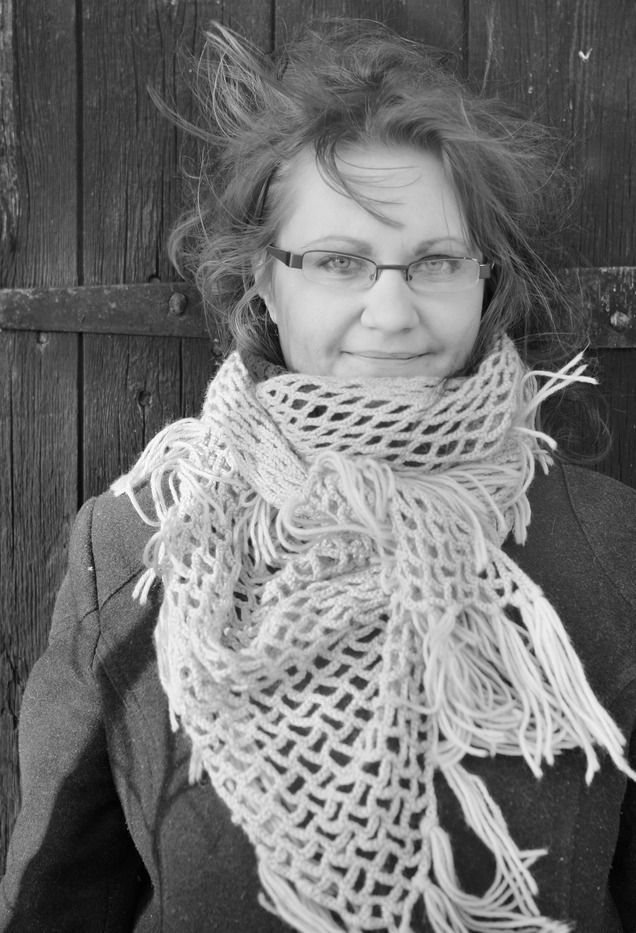
FIN: Hanna Hauru on suomalainen kirjailija. Hän on opettanut kirjoittamista Tampereen Viita-akatemiassa ja oululaisen Huutomerkki ry:n kurssilla sekä Limingan Taidekoulun sanataiteen opettajana. Haurun runollista kieltä ja pohjoiseen sijoittuvia tarinoita on verrattu Timo K. Mukan ja Rosa Liksomin tuotantoon. Liksomin tavoin Hauru kuvaa maaseutuelämän ja kaupungin vastakkainasetelmaa, jossa kaupunki edustaa vapautta ja uudistumista. Maaseudun valttina taas on voimaannuttava luonto. Haurun teosten maailma on kuitenkin useimmiten karu ja rikkirevitty, julmuudessaan ja terävyydessään inhorealistinen. Myös myyteillä ja symboleilla on vahva osa kerronnassa.
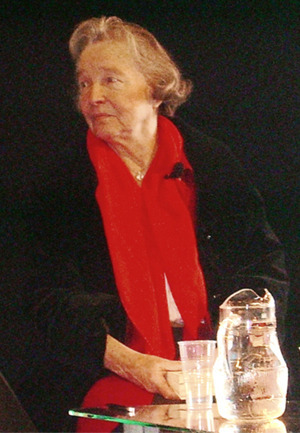
Written by: Katarina Blomqvist, Liisa Enwald Eeva Kilpi comes from eastern Karelia, east of Finland's present-day border with Russia, studied English philology at the University of Helsinki, and worked as a teacher before she began to earn a living from her writing. From 1970 to 1975, she chaired the PEN club in Finland. She made her debut with the short story collection Noidanlukko in 1959. She wrote about the evacuation of the population of Karelia in Elämä edestakasin, 1964, and Elämän evakkona, 1983, as well as in her autobiographical novel trilogy Talvisodan aika (1989; Eng. tr. The Time of the Winter War), Välirauha ikävöinnin aika, 1990, which describes the interwar period, and Jatkosodan aika, 1993. Her experimental, erotic novel Tamara (1972; Eng. tr. Tamara) which brought her international success, depicts the relationship between a sexually active woman and a handicapped man. In many of her works, the central character is a strong, independent woman, for example in her novels Häätanhu, 1973, Nainen kuvastimessa, 1962, and in Kesä ja keski-ikäinen nainen, 1970. Besides fiction, she has also written autobiographical literature: Ihmisen ääni, 1976, and Naisen päiväkirja, 1978. In Ihmisen ääni she challenges the myth of the mother. With her works Laulu rakkaudesta ja muita runoja, 1972, and Terveisin, 1976, Eeva Kilpi has made her mark as an ironic and humorous poet of the everyday. These collections were published in 1980 in Swedish under the title Sånger om kärlek, while a selection of the poems was published in Danish under the title En sang om kærlighed in 1981. In her later poetry collections Ennen kuolemaa, 1982, and Animalia, 1987, Eeva Kilpi questions man's right to dominate nature. Her poetry collection Kiitos eilisestä, 1996, is about sorrow and ageing, but also about love and passion. Additions by the editorial team 2011: The above biography was first published in 1998. Since then, Eeva Kilpi has written the novel Unta vain, 2007, and Rajattomuuden aika, 2001.


